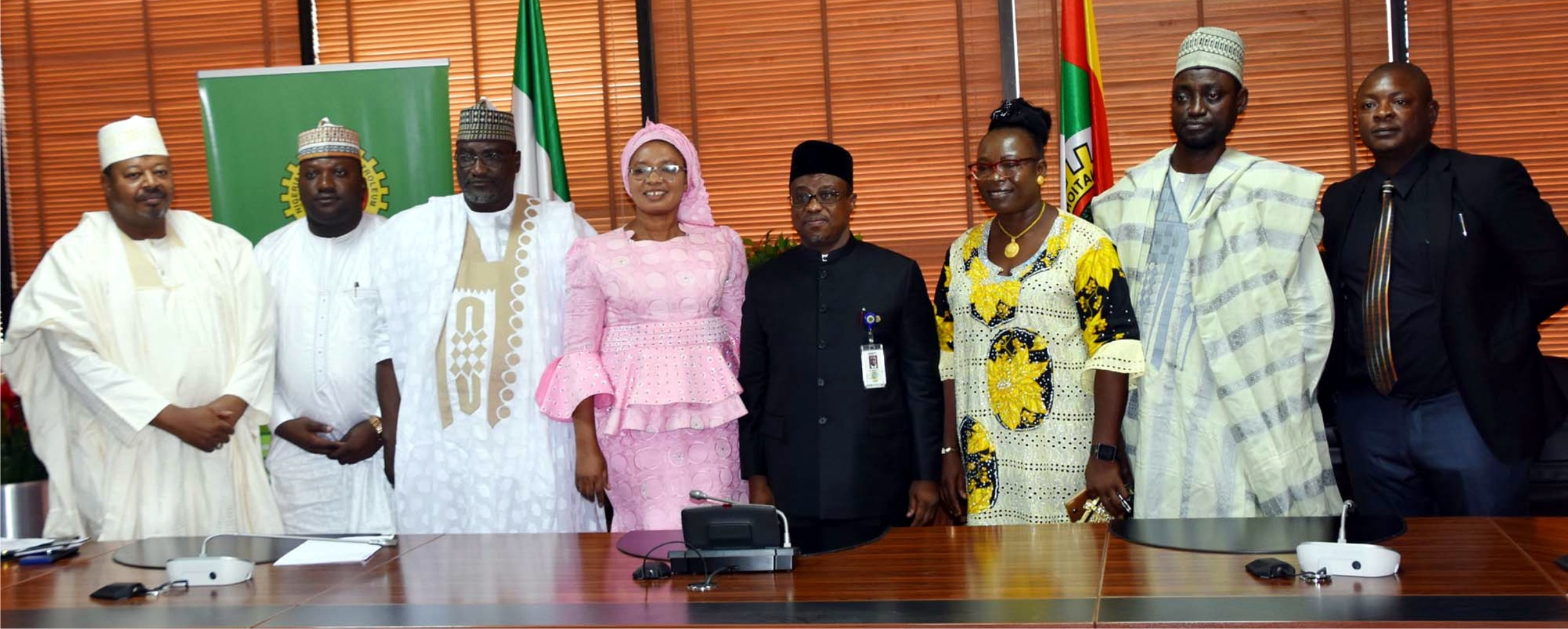Oil & Energy
Oil Firms Still Flaring Gas – NNPC Report

Gas flare figures released in the most recent monthly financial and operational report of the Nigerian National Petroleum Corporation shows that oil companies in Nigeria are still flaring the commodity in large volumes.
Flare gas is essentially associated gas that is produced with oil, as they both come out of the ground. Flare gas pollutes the environment, causing sickness and other environmental hazards, particularly in locations where the International Oil Companies operate in the Niger Delta.
An analysis of NNPC’s latest monthly report for January 2019 showed that as much as 610.07 million standard cubic feet of gas were flared daily by oil companies in the first month of this year.
Although this volume is 119.48mmscfd lower than what the firms flared daily in December 2018, it was far from the Federal Government’s target of zero gas flare in Nigeria.
It also indicated that there was still enough flare gas that should be commercialised, and as such should adequately fit into the plan of the Nigerian Gas Flare Commercialisation Programme.
On the off-take of natural gas, commercialisation and utilisation, the latest NNPC report stated that out of the 244.65 billion standard cubic feet of gas supplied in January 2019, a total of 151.5BCF of gas was commercialised, consisting of 38.03BCF and 113.47BCF for the domestic and export markets respectively.
This translates to a total supply of 1,226.83mmscfd of gas to the domestic market and 3,780.24mmscfd of gas supplied to the export market for the month.
This implies that 61.73 per cent of the average daily gas produced was commercialised while the balance of 38.27 per cent was re-injected, used as upstream fuel gas or flared.
Gas flare rate was 7.52 per cent for the month under review, which was 610.07mmscfd compared with average gas flare rate of 9.76 per cent, i.e. 770.31mmscfd for the period January 2018 to January 2019.
The report noted that total gas supply for the period January 2018 to January 2019 stood at 3,081.17BCF, out of which 468.23BCF and 1,342.99BCF were commercialised for the domestic and export markets respectively.
Gas re-injected, fuel gas and gas flared stood at 1,269.95BCF.
The figures above, therefore, showed that the volume of gas being flared in the oil sector was still high.
Senior government officials told our correspondent that this was why the NGFCP was initiated to help address the issue and possibly end gas flaring. Gas flaring can be solved with cogeneration
They stated that the Federal Government recently received statements of qualification from a total of 240 firms that want to commercialise flared gas in Nigeria.
It was gathered that the interested parties submitted their statements of qualification in response to the request for qualification package of the Nigerian Gas Flare Commercialisation Programme.
This was contained in an email on updates about the NGFCP, which was sent to our correspondent by the Chairman, Ministerial Steering Committee, NGFCP and Group Executive Director, NNPC/Senior Technical Adviser, Refineries, Gas, Power and Downstream Infrastructure to the Minister of State for Petroleum Resources, Rabiu Suleiman.
“NGFCP is very pleased to advise that 240 SOQs (Statements of Qualification) were received. As you are aware, a Proposal Evaluation Committee and an Independent Observer Group were appointed and inaugurated on the 11th of April, 2019 by the Minister of State for Petroleum Resources, Ibe Kachikwu,” Suleiman said.
He added, “The PEC shall evaluate the SOQs submitted by the applicants to determine qualified applicant status in compliance with the design criteria of the request for qualification and also to evaluate the proposals that would be submitted by qualified applicants to determine those bidders that achieve preferred bidder and reserved bidder status.”
Suleiman said the PEC and IOG would begin their work of evaluating the SOQs starting from June 2019, adding that it was expected that the results would become known at the end of the exercise within four weeks.
“The general public and all applicants will be advised thereafter on the names of the candidates adjudged successful who shall be invited to submit their proposal for flare gas utilisation through the request for proposals phase of the NGFCP,” he stated.
Oil & Energy
NCDMB Unveils $100m Equity Investment Scheme, Says Nigerian Content Hits 61% In 2025 ………As Board Plans Technology Challenge, Research and Development Fair In 2026

Oil & Energy
Power Supply Boost: FG Begins Payment Of N185bn Gas Debt

In the bid to revitalise the gas industry and stabilise power generation, President Bola Ahmed Tinubu has authorised the settlement of N185 billion in long-standing debts owed to natural gas producers.
The payment, to be executed through a royalty-offset arrangement, is expected to restore confidence among domestic and international gas suppliers who have long expressed concern about persistent indebtedness in the sector.
According to him, settling the debts is crucial to rebuilding trust between the government and gas producers, many of whom have withheld or slowed new investments due to uncertainty over payments.
Ekpo explained that improved financial stability would help revive upstream activity by accelerating exploration and production, ultimately boosting Nigeria’s gas output adding that Increased gas supply would also boost power generation and ease the long-standing electricity shortages that continue to hinder businesses across the country.
The minister noted that these gains were expected to stimulate broader economic growth, as reliable energy underpins industrialisation, job creation and competitiveness.
In his intervention, Coordinating Director of the Decade of Gas Secretariat, Ed Ubong, said the approved plan to clear gas-to-power debts sends a powerful signal of commitment from the President to address structural weaknesses across the value chain.
“This decision underlines the federal government’s determination to clear legacy liabilities and give gas producers the confidence that supplies to power generation will be honoured. It could unlock stalled projects, revive investor interest and rebuild momentum behind Nigeria’s transition to a gas-driven economy,” Ubong said.
Oil & Energy
The AI Revolution Reshaping the Global Mining Industry


